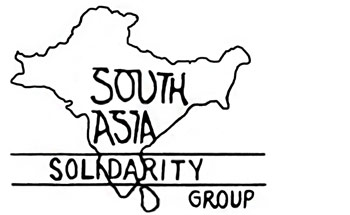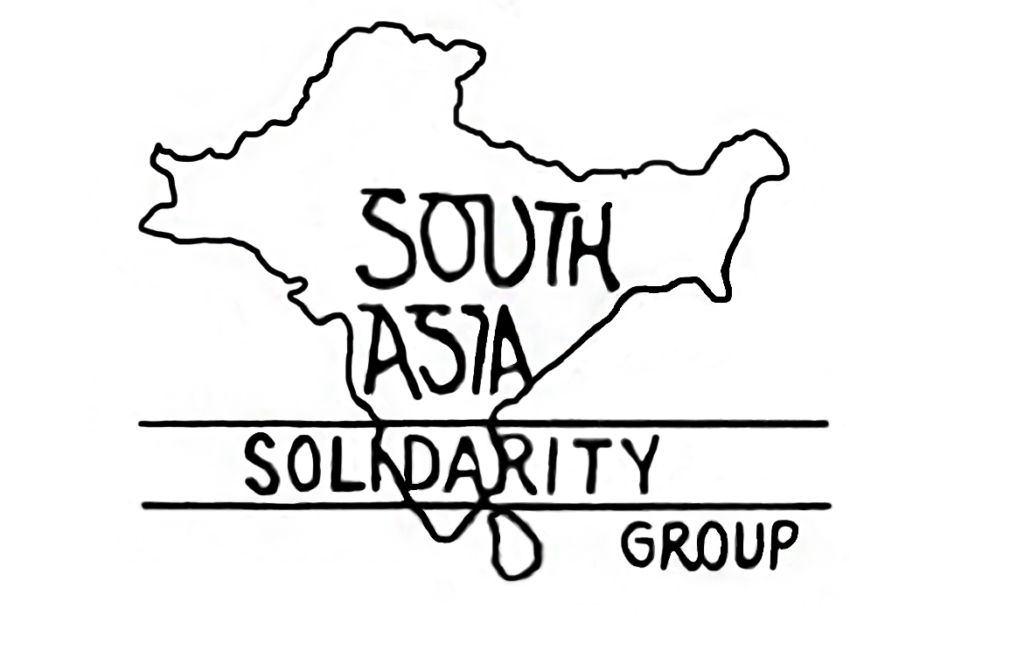- October 24, 2012
- Posted by: admin
- Category: News
Doctors, academics, legal workers and activists at a packed meeting in the House of Commons in London (18 October) declared their solidarity with the protesters against the nuclear power plants at Koodankulam,Indiaand Hinkley Point,Somerset,UKand their opposition to nuclear power as a source of energy.
The meeting was hosted by MP Caroline Lucas and organized jointly by the Campaign for Nuclear Disarmament and South Asia Solidarity Group.
The meeting began with a video message from Uday Kumar of the People’s Movement Against Nuclear Energy in which he described the repression being faced by the people of Koodankulam, and emphasized that only big business houses would benefit from nuclear power. He also stressed the importance of international solidarity and sent greetings to the protesters at Hinkley Point.
Caroline Lucas M.P. told the meeting that she was deeply worried about the situation in Koodankulam – both in terms of the nuclear plant and the treatment of local opponents. She also condemned David Cameron’s policy of exporting civil nuclear technology toIndia.
She said “In agreeing to lift a ban on the export of nuclear technology and components toIndia, Prime Minister David Cameron ignored official recommendations and shunned concerns thatIndiais not a signatory to the Nuclear Non Proliferation Treaty. The government also seems untroubled by the fact that the Atomic Energy Regulatory Board, the organisation in charge of safety in all ofIndia’s nuclear facilities, shares staff with, and is funded by, the organisations it is supposed to be regulating. This clearly compromises its ability to act independently and to enforce vigorous safety regulations. The fact that the nuclear establishment inIndiais under no obligation to disclose information on the nuclear power sector to citizens, nor does the country have a long-term radioactive waste disposal policy only adds to the concerns. I pay tribute to the campaign against the Koodankulam nuclear power plant, which is standing up for local people in the face of human rights abuses by the police and the authorities. By standing in solidarity together, we can send a clear and strong message that nuclear power is not a welcome solution to our energy needs.”
Kate Hudson, General Secretary of the Campaign for Nuclear Disarmament, pointed out that nuclear power was neither safe nor did it make economic sense “Protests against nuclear power in the UK , India , Japan and Germany – and many other countries – show the scale of global public opinion against this dangerous and expensive form of energy” she said ‘The mass non-violent protests in Kudankulam in India and the repeated demonstrations at Hinkley Point in the UK are powerful expressions of the widespread rejection of nuclear power that governments around the world would do well to heed. Rather than pumping subsidies into nuclear energy, the governments should be seriously investing in a sustainable energy policy based on renewable sources. If the lessons ofChernobylandFukushimaare not learned, then governments are inviting further disasters.”
Amrit Wilson speaking on behalf of South Asia Solidarity Group, said “Nuclear energy is on the run inEuropewith multinationals like GEC increasingly reluctant to invest in it. Unfortunately as part of the fall out of the notorious US- India Nuclear Deal of 2008, these companies have been running toIndiawith their sub-standard and dangerous reactors. That is what has happened in Jaitapur and elsewhere. There are currently 20 nuclear reactors inIndiawhich are operational and at a time when other countries are abandoning nuclear power, 20 more nuclear power plants are being planned inIndiaof which 4 are actually being constructed.
In Koodankulam, the Russian VVER-1000 reactors are well-known to have safety deficiencies, they are located in a Tsunami and earthquake zone and there are a host of other problems. We stand in solidarity with the People’s Movement Against Nuclear Energy in Koodankulam. We also are in solidarity with a host of other struggles against nuclear energy which are rocking the country – the Areva plant in Jaitapur, the Westinghouse plant in Mithi Virdi in Gujarat, the American Brighton Group plant in Vishakapatnam in Andhra Pradesh to name only a few. Why is the Indian government pursuing this dangerous path? There are two main reasons – firstly, to keep the nuclear power companies and electricity guzzling mining companies happy as they loot the resources of India, displace hundreds of thousands of people and destroy the environment; and secondly, because behind the smoke screen of nuclear power, nuclear weapons can be developed.”
Speaking on behalf of Medact (theUKaffiliate of Physicians for the Prevention of Nuclear War) Dr Frank Boulton who had visited bothFukushimaand Koodankulam, expressed his warm feelings of solidarity with the protesters at Koodankulam. He said “Nuclear power is full of medical dangers for the people. The voices of ordinary citizens must be heard by all who carry their community’s responsibilities with integrity. The world does not need nuclear energy as a source of power, every effort should be made to promote non-nuclear, low energy sources of power.”
Anti-nuclear activist from Japan, Satsuki, told the meeting “I was irradiated after the explosions at Fukushima. I am not fighting for my own life. It is the children and the future and the future children who will be killed. I am fighting for them. You too are fighting for them in Koodankulam”.
The meeting concluded by sending a strong message of solidarity to the People’s Movement Against Nuclear Energy (PMANE) in Koodankulam and pledging to oppose David Cameron’s policy of exporting civil nuclear technology to India.


